Take “mouse” for instance. This simple, concrete noun can mean a furry mammal that scurries across the floor or a handheld device that controls your computer. Same word. Same oddly fearful reaction from your mother. Completely different meanings.
Take more abstract terms like “value,” or “love,” and the definition depends largely on an individual’s context. Herein lies the problem. Words are funny because they mean different things to different people at different times.
In 2021, Noble announced its intent to focus its research, education and consultation activities, as well as its 13,500 acres of research ranches, entirely on regenerative agriculture. More specifically, Noble homed in on regenerative ranching, which seeks to apply ecological principles to rebuild degraded soil and improve — not just sustain — the 654 million pasture and rangeland acres in the United States.
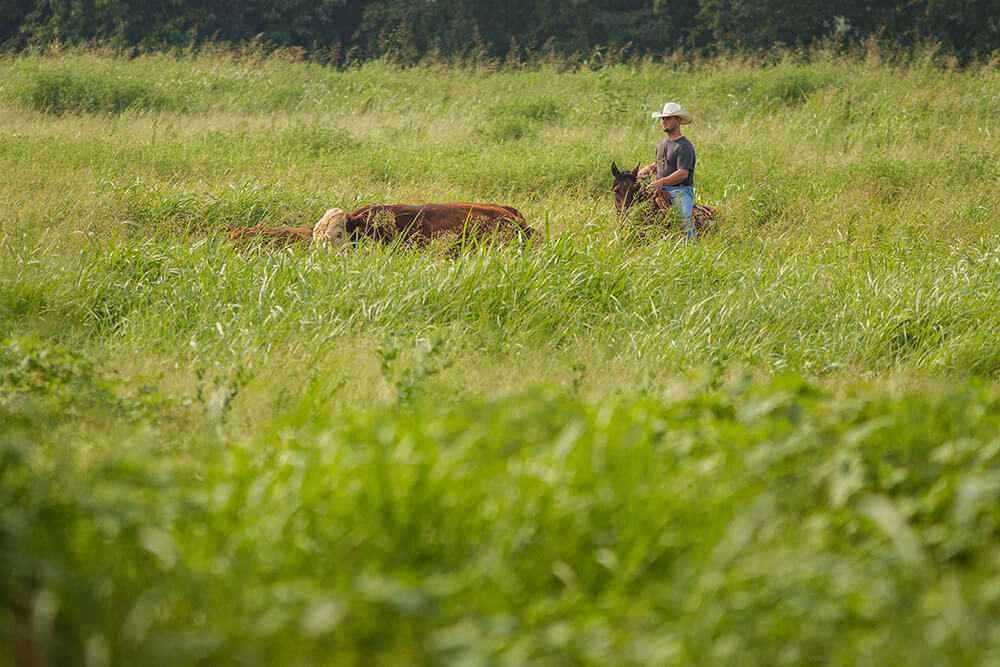
We knew that news of a 75-year-old organization making such a shift would require some explanation. People would need information and time to understand. Turns out, there’s also a word issue.
“Regenerative agriculture” lies anywhere on the spectrum from enthusiastic and hopeful to confusing or downright inflammatory, depending on an individual’s perspective.
Some people think that it means Noble is now conducting and advocating for organic agriculture. It doesn’t, and organic and regenerative are not the same thing. Other people think it’s just a trendy new catch phrase contrived in a marketing meeting. Let’s dispel that notion now. The phrase “regenerative agriculture” originated about 40 years ago, and the broad concept of working with the Earth’s natural cycles, well, that’s as old as agriculture itself.
Regenerative agriculture’s popularity is spreading.
New regenerative programs spring up daily, bringing more advocates to production agriculture, but also ushering in slightly different definitions and approaches. The amount of discussion increases the opportunity for people to learn about regenerative. It also increases opportunity for confusion. And politicians on both sides of the aisle have uttered the phrase in recent years (heaven forbid!), instantly polarizing the term. We go from mere words to politicized labels in a flash.
Mention anything that seems too big, too confusing or too controversial, and people shy away. Words are funny things, but they are also powerful.
Here’s Noble’s simple response to the hullabaloo around the words “regenerative agriculture.” We use the words to help bring focus to our organizational goal, and it’s a simple answer when people ask what we do. But we don’t have any special right to the term. And we won’t get caught up in agendas or definitions or who said what about regenerative.
We care about the health of this nation’s grazing lands. We care about the people who steward the land — their physical, mental and fiscal health. We care about the society that depends on the land.
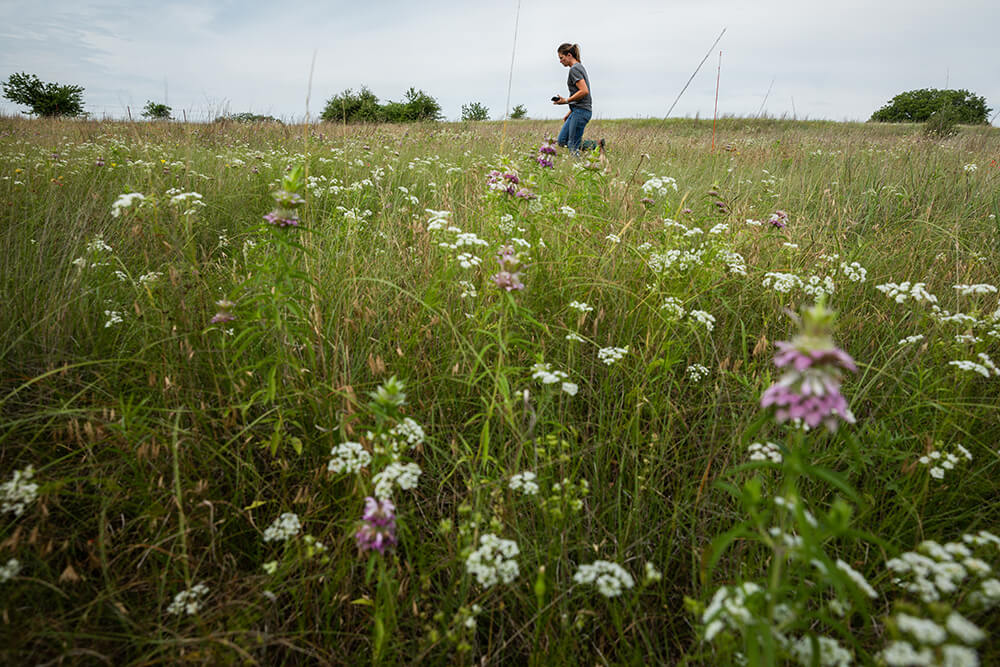
Noble aligns with this nation’s farmers and ranchers, and other organizations — not because of a label — but through shared values that include these fundamental tenets:
We believe that farmers and ranchers must build successful enterprises framed by profitability so that they can make sound, long-term decisions for their land, their animals and their families and pass that land on to successive generations.
We believe that most farmers and ranchers share a common ethos that each generation has an obligation to leave the land better than they found it.
We believe that every family, ranch or farm has its own unique characteristics, opportunities and challenges and must be managed accordingly.
And, we believe that rebuilding soil health is the foundational force that propels the ecosystem, and is an investment in the health of the land, rancher and society.
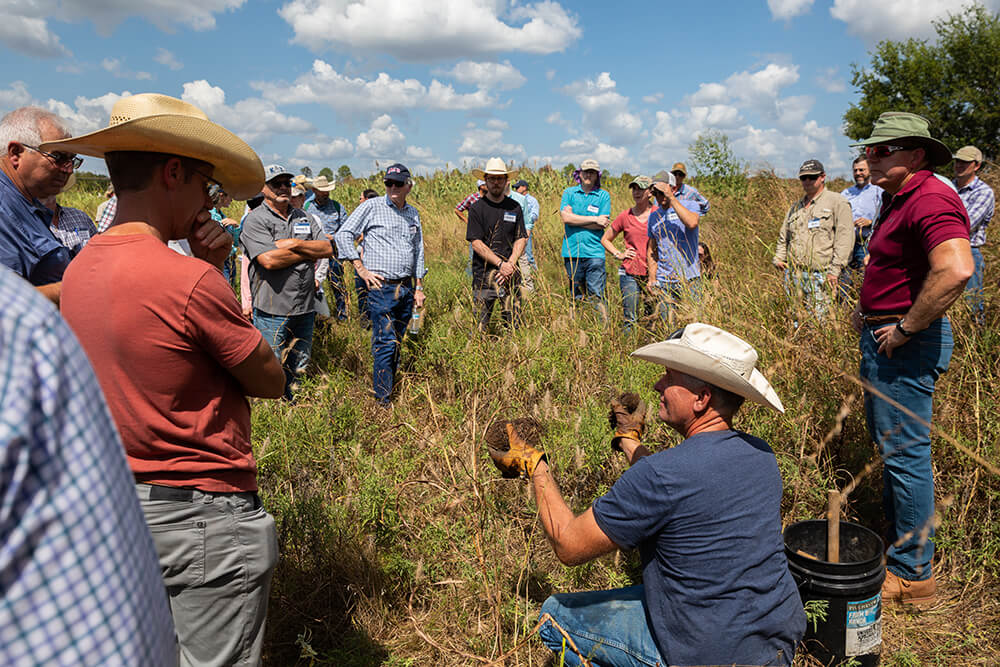
If you share these values, then we are travelers on the same journey. When you read the cover story in this issue of Legacy, and you see the headline “Regenerative Mindset,” know that we use the words for clarity, not as a litmus test or a catalyst for controversy.
Everyone is welcome on this soil health journey — no matter what you call it. The terminology is irrelevant. Our purpose and the outcomes are all that matter.
So let us walk together and learn from each other, so that we may be strengthened by the camaraderie and accomplish more together.
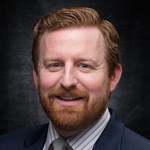
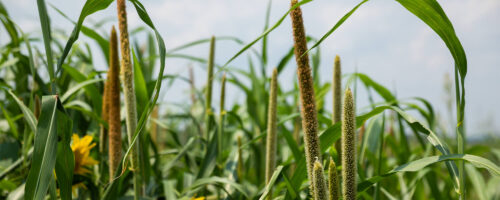
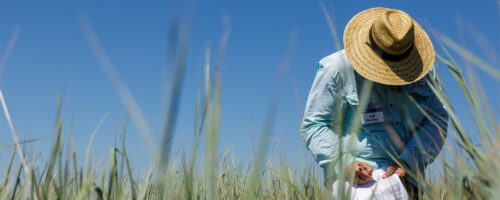
Comment